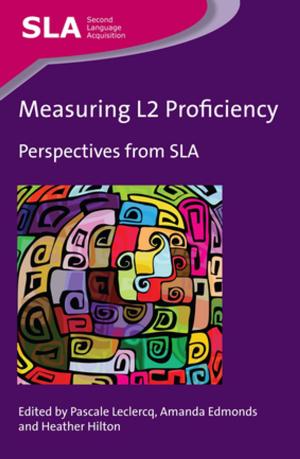What the Biblical Text Actually Says About: Speaking in Tongues
Nonfiction, Religion & Spirituality, Bible & Bible Studies, Hermeneutics, New Testament, Study| Author: | Brian Wright | ISBN: | 9781540145109 |
| Publisher: | Calvert Biblical Institute for Study of Religion & Society | Publication: | December 12, 2016 |
| Imprint: | Language: | English |
| Author: | Brian Wright |
| ISBN: | 9781540145109 |
| Publisher: | Calvert Biblical Institute for Study of Religion & Society |
| Publication: | December 12, 2016 |
| Imprint: | |
| Language: | English |
Much ink and venom have been spilled over the question of what tongues was in the New Testament and what, or even if, it should be today. Most of the dialogue on the topic has been rooted in denominational dogma, cultural tradition, and personal experience instead of clear exegesis of the NewTestament texts.
Therefore, if anything in Acts or the rest of the New Testament is to be rightly understood, it must be read and understood within the socio-religious context of the people who first heard and read it. Within the New Testament, any theological or religious idea was understood by Hebrew/Israelite/Jewish people in the context of the Law, the Prophets, and the Writings, i.e., the Old Testament. It is within this framework that the issue of ‘tongues’ should be considered.
Much ink and venom have been spilled over the question of what tongues was in the New Testament and what, or even if, it should be today. Most of the dialogue on the topic has been rooted in denominational dogma, cultural tradition, and personal experience instead of clear exegesis of the NewTestament texts.
Therefore, if anything in Acts or the rest of the New Testament is to be rightly understood, it must be read and understood within the socio-religious context of the people who first heard and read it. Within the New Testament, any theological or religious idea was understood by Hebrew/Israelite/Jewish people in the context of the Law, the Prophets, and the Writings, i.e., the Old Testament. It is within this framework that the issue of ‘tongues’ should be considered.















